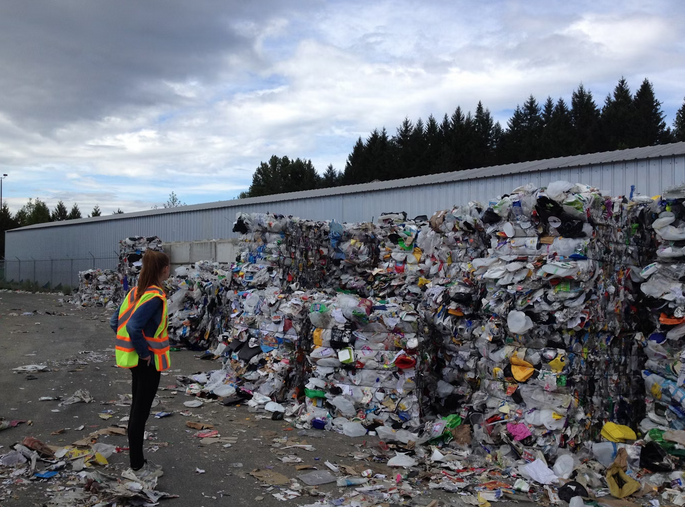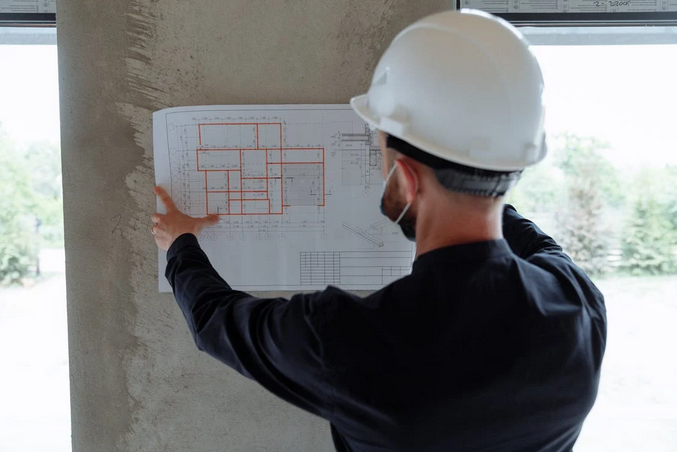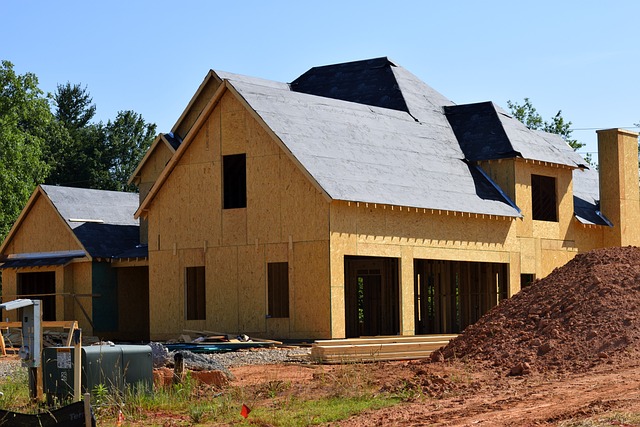
Garbage fees can be a significant expense for property owners, but there are ways to reduce costs while also minimizing environmental impact. By implementing eco-friendly practices and waste management solutions, property owners can not only save money but also contribute to a healthier planet. Investing in sustainable properties, such as energy-efficient buildings or eco-friendly developments, can not only generate passive income but also promote environmental stewardship. In this article, we’ll explore some practical tips and strategies for reducing garbage fees and promoting sustainability in your community.
Reduce, Reuse, Recycle

The age-old mantra of “reduce, reuse, recycle” holds true when it comes to waste management. By reducing the amount of waste generated, reusing materials whenever possible, and recycling materials that can be repurposed, property owners can significantly reduce the volume of trash sent to landfills. Encourage tenants to participate in recycling programs and provide convenient access to recycling bins in common areas to make it easy for them to dispose of recyclable materials properly. Plus, additional income, although not much, is always possible. In short, you can use real estate to build residual income, which can also be an attractive option for property owners.
Compose Organic Waste
Organic waste, such as food scraps and yard trimmings, accounts for a significant portion of household waste. Instead of sending these materials to the landfill, consider implementing a composting program on your property. Composting not only reduces the amount of waste sent to landfills but also produces nutrient-rich compost that can be used to fertilize gardens and landscaping. Provide residents with compost bins or designate a communal composting area where organic waste can be collected and composted.

Implement Source Reduction Strategies
Source reduction strategies focus on minimizing waste generation at the source by using less packaging, choosing reusable alternatives, and avoiding single-use items. Property owners can work with tenants to identify areas where waste can be reduced, such as implementing paperless billing, encouraging the use of reusable shopping bags and water bottles, and avoiding excessive packaging when purchasing products. By reducing waste at the source, property owners can lower garbage fees and lessen their environmental footprint.
Invest in Waste Diversion Programs
Waste diversion programs, such as donation and recycling initiatives, can help divert materials from the landfill and reduce garbage fees. Consider partnering with local charities or organizations to donate gently used items such as furniture, clothing, and electronics instead of disposing of them. Additionally, explore recycling options for materials that cannot be recycled through traditional curbside programs, such as electronics, mattresses, and household hazardous waste.
Educate Tenants
 Education is key to promoting sustainable waste management practices among tenants. Provide educational materials, such as flyers, newsletters, or workshops, to inform residents about the importance of recycling, composting, and waste reduction. Encourage tenants to take an active role in waste management by providing tips and resources for adopting eco-friendly habits. By fostering a culture of sustainability within your community, property owners can empower tenants to make environmentally conscious choices and reduce garbage fees collectively.
Education is key to promoting sustainable waste management practices among tenants. Provide educational materials, such as flyers, newsletters, or workshops, to inform residents about the importance of recycling, composting, and waste reduction. Encourage tenants to take an active role in waste management by providing tips and resources for adopting eco-friendly habits. By fostering a culture of sustainability within your community, property owners can empower tenants to make environmentally conscious choices and reduce garbage fees collectively.
Reducing garbage fees and promoting sustainability go hand in hand with property owners looking to minimize costs and environmental impact. By implementing eco-friendly practices such as recycling, composting, source reduction, waste diversion, and tenant education, property owners can take proactive steps toward reducing waste and promoting a healthier planet. Together, we can work towards a future where waste is minimized, resources are conserved, and communities thrive in harmony with the environment.





